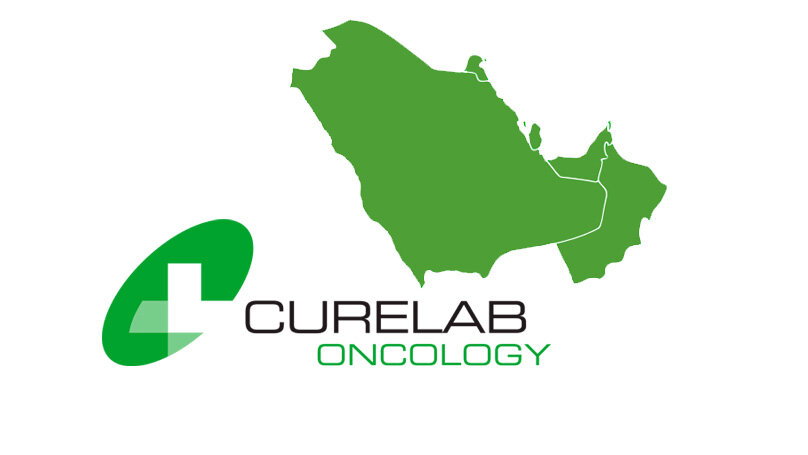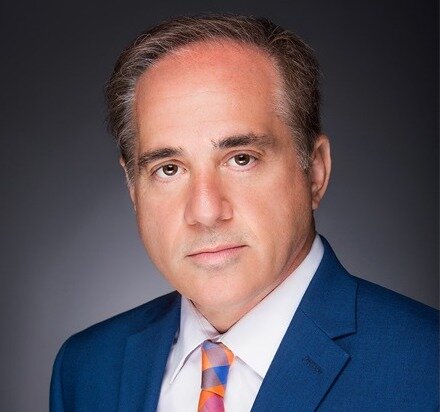CureLab expands team and presence to accelerate clinical trials
Countless biotech companies that never make it out of the gate, despite their team, sound underlying technology and research, and investors. One reason is that they fail to form the broad network of connections needed to engage with the partners, suppliers, customers, and decision makers needed to develop market traction. CureLab Oncology may be an exception.
CureLab is developing an investigational DNA vaccine called Elenagen. Elenagen reverses tumor grade, changes tumor microenvironment, enhances the anti-cancer effects of other therapies (such as chemotherapy), mitigates chronic inflammation, and stimulates an immune attack on the tumor.
The company has already completed a Phase I/II clinical trial ex-US in 27 patients, and is currently enrolling a Phase IIb ex-US trial to understand is efficacy in late-stage triple-negative breast cancer, platinum-resistant ovarian cancer, inoperable stomach cancer, and pancreatic cancer. The company is planning to initiate Phase I/II clinical trials in the US in 2021, where Elenagen will be evaluated in dedicated trials as an adjuvant to chemotherapy for both late-stage triple-negative breast and platinum-resistant ovarian cancer patients.
The US trials are key to getting to market, and this will require relationships with the nation's top healthcare systems.
To open doors with crucial healthcare systems, CureLab just appointed Dr. David Shulkin to the scientific advisory board. Dr. Shulkin served as the 9th US Secretary of Veterans Affairs after a prominent and successful career in the healthcare sector. As CureLab forges connections with doctors and hospital administrators to initiate these crucial trials, Dr. Shulkin will be a valuable reference point.
"There has never been a more promising time for improving the health and well being of people around the world," said David J. Shulkin, M.D. "I am enthused about CureLab's approach to helping patients with breast and ovarian cancer. The CureLab team is highly motivated and has the experience to make a real difference."
“Discovering a novel drug that acts through a counterintuitive mechanism may require some degree of luck. Conversely, bringing the product through clinical development, licensing it to a pharmaceutical partner, and then integrating it into a complex medical system requires deep knowledge and precise strategy,” said Alexander Shneider, PhD, founder and CEO of CureLab.
CureLab establishes operations in the Arabian Gulf region
In addition, CureLab has commenced operations in the GCC region (Saudi Arabia, Kuwait, the UAE, Qatar, Bahrain, and Oman). CureLab's GCC-based partners will test the efficacy of the company's DNA-based products against cancers and non-cancerous diseases of chronic inflammation.
CureLab intends to receive market approval for commercialization in the GCC region. Local hospitals and universities will be able to both participate in on-going international trials and become the first research centers to initiate new clinical studies — potentially preceding trials with medical centers in Europe and the USA.
CureLab has appointed Jihad Fakhreddine as director of business development, representing CureLab in the region. Mr. Fakhreddine is a University of California graduate with post-graduate education at Caltech. After 20+ years of successful business development in the USA and Switzerland, he moved to Dubai to lead international healthcare and fundraising projects.
Dr. Alexander Shneider, CureLab Oncology founder and CEO, commented on the timing of CureLab's arrival in the GCC region:
"I believe that a true renaissance is underway in the region. By combining the financial might of Arab investors with American and Israeli startups, the fruitful seeds of American and Israeli companies will take root in the fertile soil of Arab countries. The GCC market is lucrative, and the tax policies in Dubai are attractive. Most importantly, when Arab patients start visiting Israeli hospitals in addition to American facilities, it will take people's diplomacy to an entirely new level and the region will flourish."


